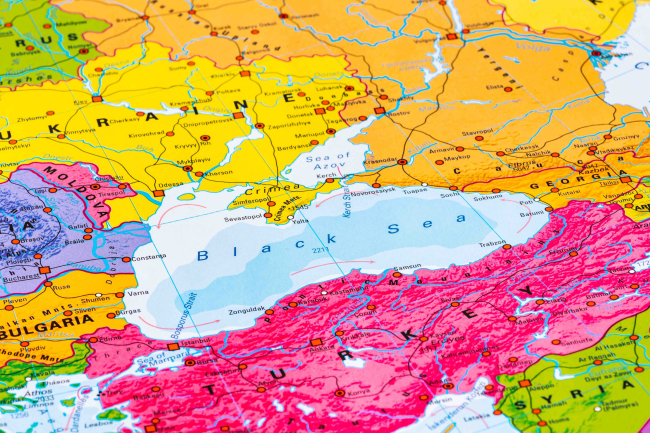
Practical information
In the run up to COP21, CDC Climat Research and the Ifri Center for Energy are jointly organizing “Climate Breakfast Roundtables “ bringing together key stakeholders with the aim of sharing analyses on the climate policies adopted at local, national and regional levels and on the potential outcomes of the Paris Climate Conference.
On 3rd July, CDC Climat Research and Ifri were honored to welcome Matt Rodriquez, Secretary for Environmental Protection of California Environmental Protection Agency, who provided an overview of:
- California’s mitigation and adaptation policy,
- The functioning of the carbon pricing market in California;
- California’s involvement on the role of sub-national actors in the international climate change negotiations.
Matt Rodriquez was appointed California Secretary for Environmental Protection by Governor Edmund G. Brown Jr. in July 2011. As Secretary, Matt oversees the activities of the California Air Resources Board, the Department of Resources Recycling and Recovery, the Department of Toxic Substances Control, the Department of Pesticide Regulation, the Office of Environmental Health Hazard Assessment and the State Water Resources Control Board. As a member of the Governor's cabinet, he advises the Governor on environmental policy.
Other events

Affirming European Security in Ukraine and the Black Sea Region
European security has been challenged in 2022 with the full-fledged invasion of Ukraine by the Russian Federation.

Post-war Europe: How to Redefine a Security Architecture Within a New Transatlantic Framework?
A new European security architecture has to be built. The question is: will this happen with or without Europe? The US President, Donald Trump, who returned to the White House a little more than two months ago, and the President of the Russian Federation, Vladimir Putin, have initiated talks to put an end to the war in Ukraine, with the possibility of Ukraine ceding territory to Russia being raised.

Doing Politics in African Cities: Actors, Causes and Forms of Urban Social Mobilization
From Maputo to Nairobi and from Lagos to Dakar: recently, African cities have been the theatre of mobilizations by groups of young protesters.







